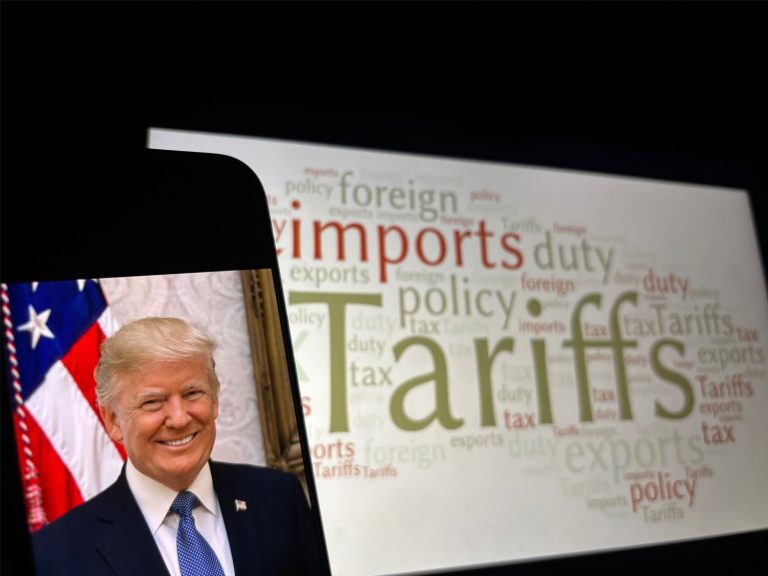
Date:
Court Ruling Challenges Trump’s Trade Strategy Amid Global Uncertainty
A U.S. federal court has ruled that President Donald Trump’s sweeping “Liberation Day” tariffs are illegal — delivering what may prove to be a major blow to his trade policy agenda, or simply a temporary setback.
On May 28, 2025, the United States Court of International Trade determined that President Trump exceeded his authority under the International Emergency Economic Powers Act (IEEPA) by imposing broad tariffs on imports from numerous countries. The court found that the administration’s justification did not meet the IEEPA’s requirement of an “unusual and extraordinary threat,” rendering the tariffs an improper use of executive power.
The three-judge panel unanimously held that the IEEPA does not authorise the president to unilaterally impose such sweeping tariffs, stressing the need for a clear mandate from Congress when it comes to major economic decisions. As a result, the court issued a permanent injunction against the tariffs and ordered U.S. Customs and Border Protection to stop collecting them.
The ruling requires that the tariffs be halted within 10 days. The Trump administration has announced plans to appeal, which could take the case to the U.S. Court of Appeals for the Federal Circuit.
Implications for Trade Policy
This decision directly challenges a key pillar of Trump’s trade strategy, which has leaned heavily on tariffs to address trade imbalances and shield U.S. industries. It may also influence ongoing negotiations with key partners such as the European Union and the United Kingdom by casting doubt on the legal basis for unilateral U.S. tariff actions.
While the court invalidated the sweeping global tariffs introduced on April 2 — including the baseline 10% levy and “reciprocal” duties — it did not strike down the administration’s sector-specific tariffs on imports like steel and cars, which remain in force.
The ruling is expected to embolden critics of Trump’s tariff policy across corporate America, foreign capitals, and Capitol Hill. It also comes at a sensitive moment for the administration, which is working to finalise new trade deals after suspending many of the planned tariff hikes.
The legal setback introduces fresh uncertainty into an already volatile global trade landscape — and may ultimately reshape how domestic and international actors engage with U.S. trade policy in the months ahead.
Stay informed as the US tariff and trade landscape evolves. Go to our home page to subscribe to our eBulletin updates for expert insight on the rulings, appeals, and what it all means for your supply chain strategy.
